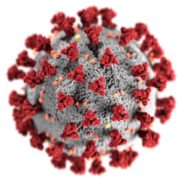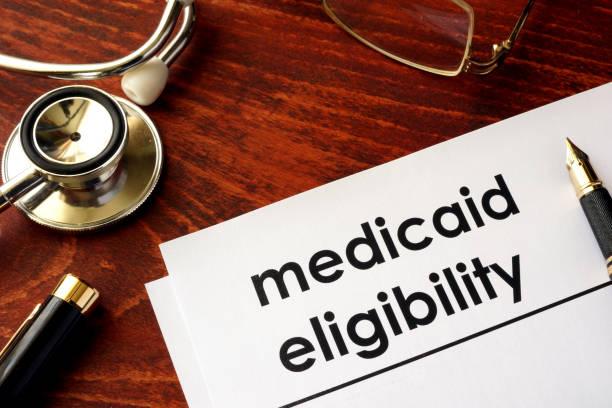THE Department of Science and Technology on Monday, March 30, announced that at least 120,000 locally-developed test kits for the novel coronavirus (COVID-19) will be rolled out this week.
According to the agency, its priority is the production of 26,000 test kits for field implementation and distribution to certain hospitals that can do the testing such as the Philippine General Hospital, Makati Medical Center, The Medical City, Vicente Sotto Memorial Medical Center, Southern Philippines Medical Center, and Baguio General Hospital.
“From April 4 (Saturday) to 25, there will be a field implementation for the 26,000 testing kits funded under the DOST and the University of the Philippines-National Institutes of Health (UP-NIH) Project,” said DOST Secretary Fortunato dela Peña.
The SARS-CoV-2 PCR Detection Kit was developed by scientists from the UP-NIH and the Philippine Genome Center with funding from the DOST. It is being manufactured and stockpiled by Manila HealthTek, Inc.
“The remaining 94,000 testing kits will be sold commercially by Manila HealthTek at around P1,300 per kit, which is cheaper than the units currently being used in hospitals which cost about P8,000,” Peña added.
The test kit has already received a Certificate of Exemption from the Food and Drug Administration (FDA) so it can proceed with field testing.
Meanwhile, the Certificate of Product Registration that will allow the test kit’s commercial sale is expected on Friday, April 3.
“We have informed the FDA that requirements for CPR Certification will be submitted on Wednesday, April 1 at the latest,” Peña said.
The development of the SARS-CoV-2 PCR Detection Kit was led by Dr. Raul V. Destura, a microbiologist and infectious disease specialist who currently serves as the deputy executive director of the Philippine Genome Center.
His core team of 15 members started developing the test kit in January, after Chinese scientists released the whole genome sequence of the virus to the public.
The test kit is a real-time polymerase chain reaction (RT-PCR)-based test kit, similar to the World Health Organization test kits donated to the country.
According to the scientists, the development of the SARS-CoV-2 PCR Detection Kit is a promise of better accessibility to the public, since it will be made available at a cheaper cost compared to its existing foreign-developed counterparts.
“We are one with the government in providing this technology, para sana maging accessible sa lahat (so that it can be accessible to everyone),” Dr. Destura had said.







